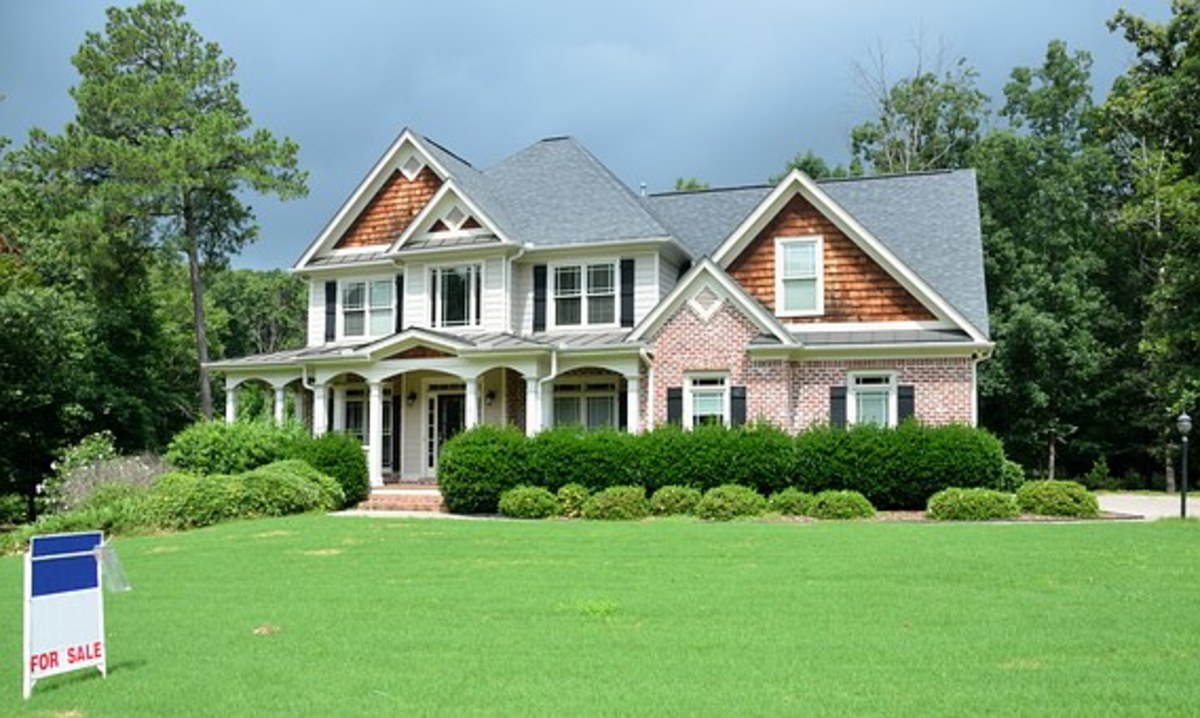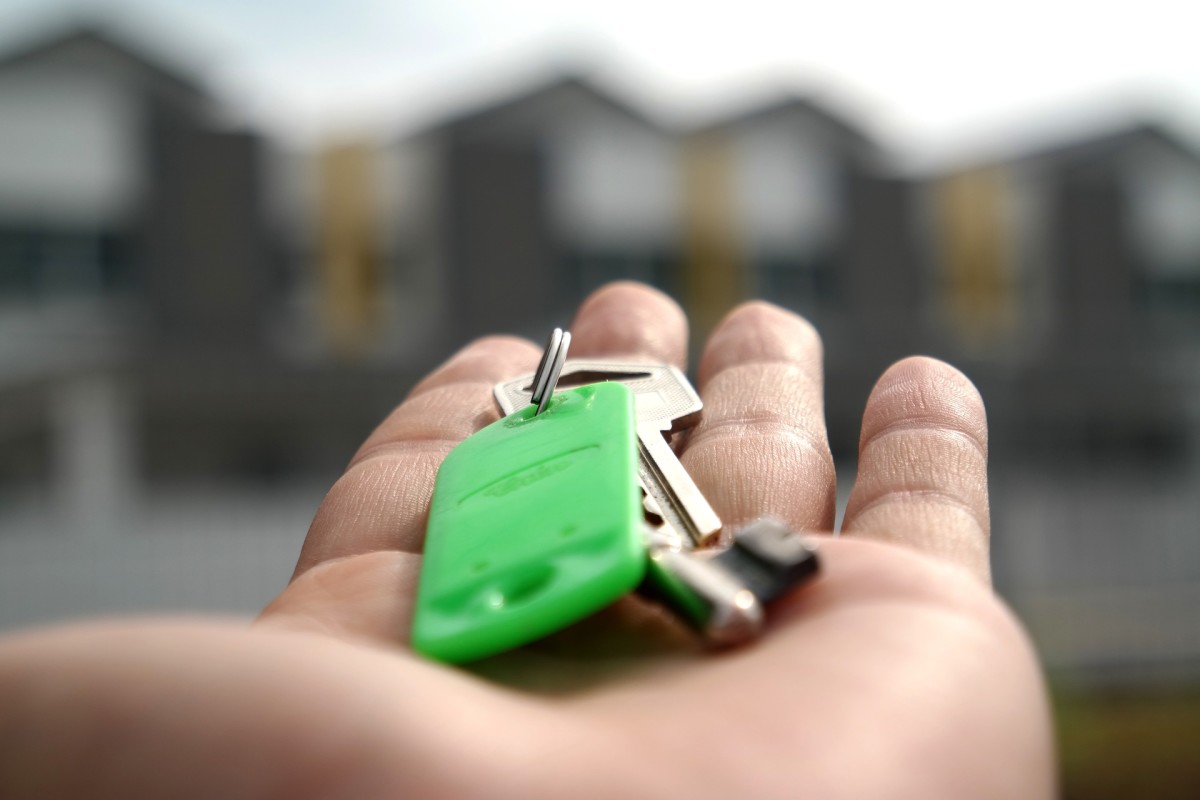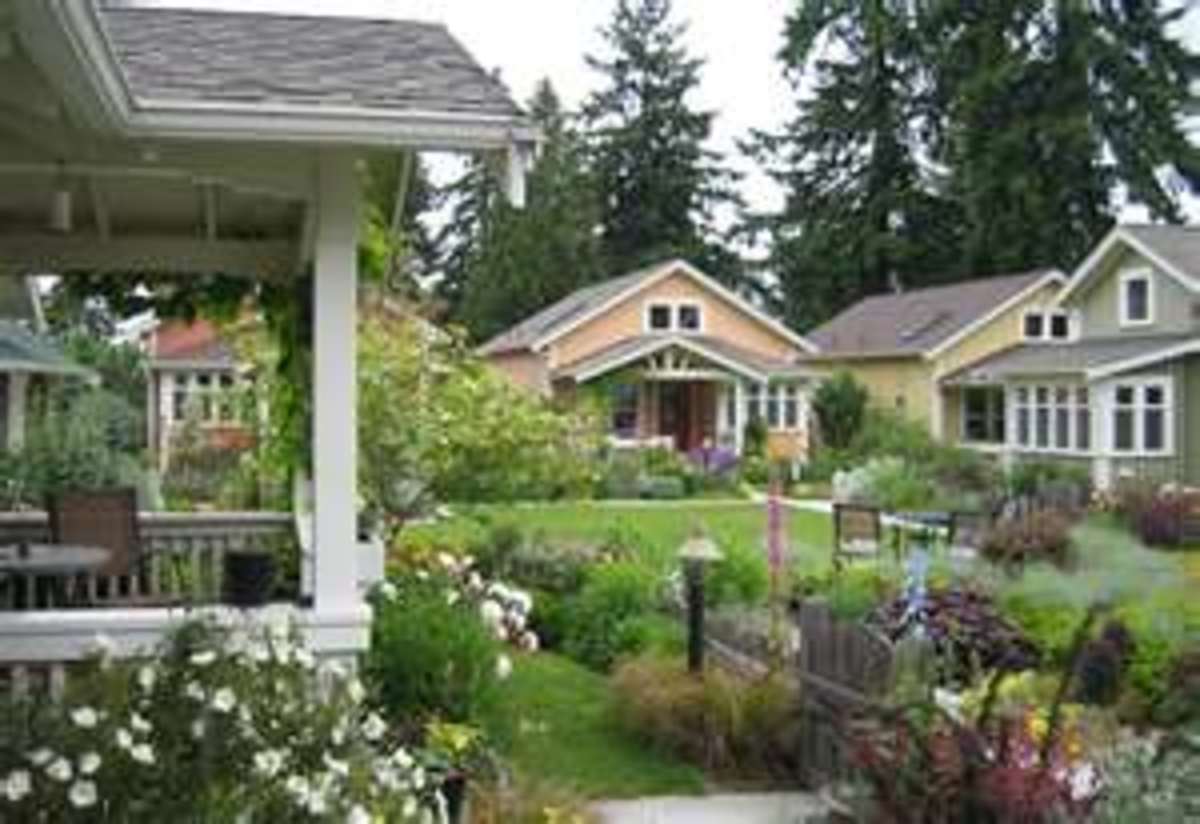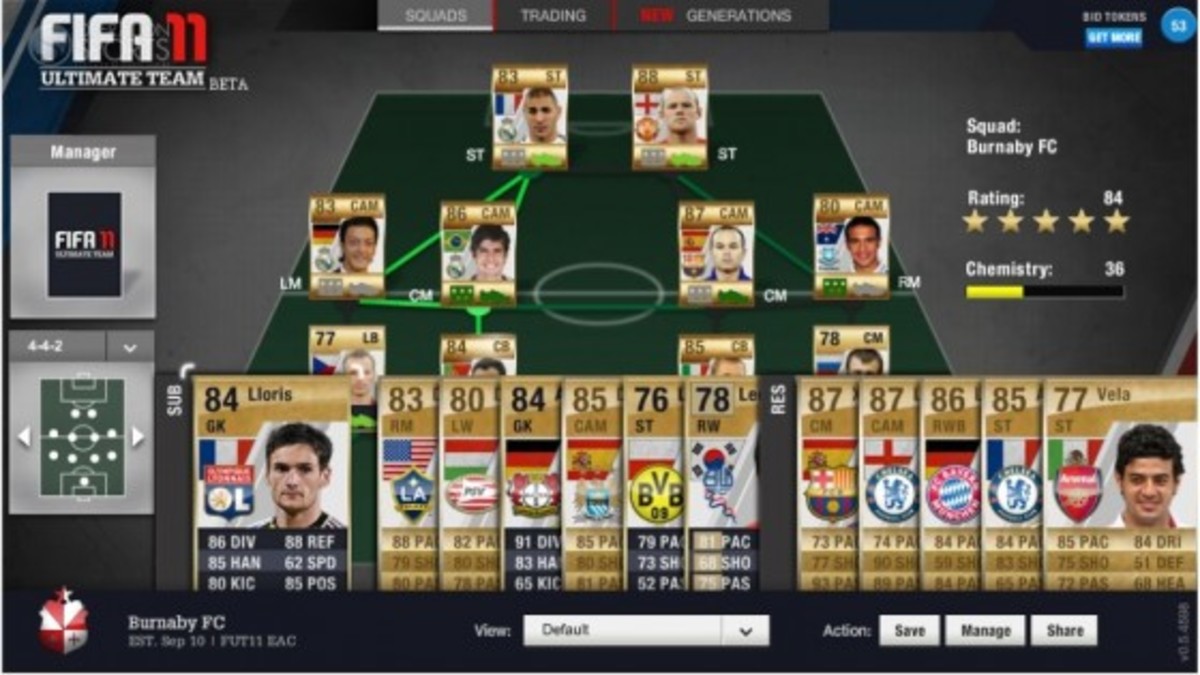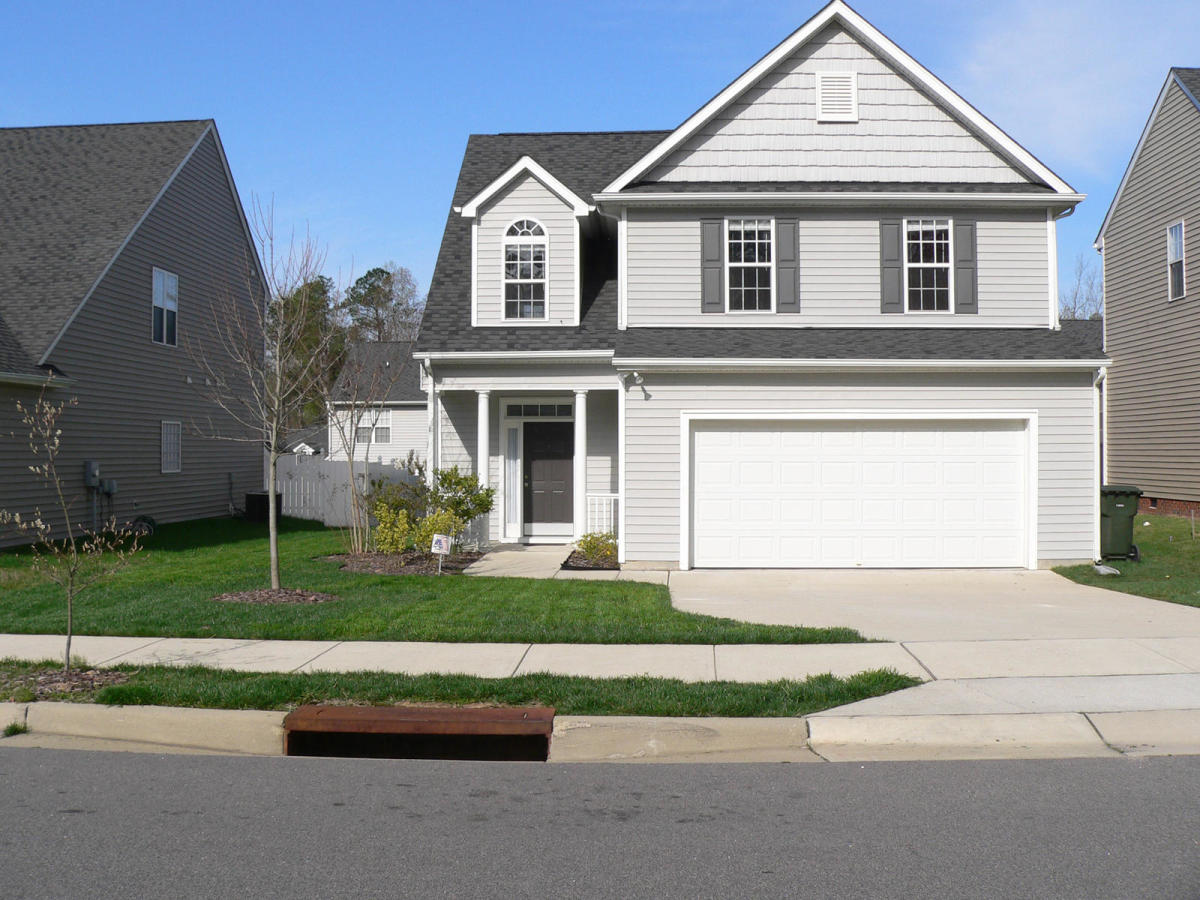House Flipping 101: Tips and Tricks
Home Buying and Selling
Buying and selling a house can often be one of the most stressful events in a person's life. The stress of a house sale can be even worse when you are not getting maximum value out of your home. Everyone wants to profit from the sale of a house, but few take the proper steps to make that happen. Not receiving maximum value happens because people who buy their homes do not think of the purchase as a potential resale. In order to get the maximum value from any home you buy, you should always be thinking in terms of selling it again some day. If you buy your home with this in mind and make improvements with this in mind, your house will sell for maximum profit when you go to sell and in little time.
Remember, real estate - the houses we live in - often comprise the majority of our personal wealth. It's vital that you buy and sell your house with an eye toward maximizing profit and equity. This article is designed to show you how to do that.
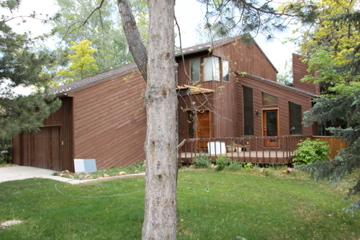
Pricing Strategies When Buying
Understanding the value of the house you buy is critical when building equity in a home. There's the price people are asking for their home and then there's the actual value to the buyer. There's a simple formula all buyers should use when buying a home in order to determine the home's actual value and here it is:
Asking price - estimated improvements = net value
If you use this formula to decide the price you should pay for any home you are looking to buy, you'll never go wrong. Just because somebody is asking a certain amount of money for a home doesn't mean you should believe that it's worth that amount of money. Always consider the amount of money you're going to have to put into it in order to make it perfect for the next potential buyer.
Let me provide a simple example. There's a house for sale near us that's for sale for $899,000. It's in a very upscale neighborhood next to houses of much greater value. Based on dollars per square foot, the asking price is not unreasonable. However, the house isn't selling. Although this house looks nice from the outside, it's virtually non-functional on the inside. The interior architecture is very strange and the usable square footage is actually much less than what's measured. The bottom line is that while the asking price seems reasonable, I'd estimate the house probably requires $200,000 worth of improvements to make it livable. Thus, I'd only pay $699,000 for the house. Now, I guarantee you if I offered that price to the sellers, they'd laugh at me. However, that's the true value of the house and anybody who pays more than that is damaging their opportunity to build equity. A good buyer should always try to pay as close to the true value of a house as possible using this formula.
What's Your Biggest Turn-Off in a House?
Never Buy the Most Expensive House in the Neighborhood
Many people want a house that doesn't require a lot of work, but when looking for a house, it's important to understand its potential. "Move-in ready" is the term people most often use to describe a house that won't require a lot of work. However, the buyer is going to pay a premium for such a house, and depending on the quality of the updating or the newness or character of the construction, such things may actually prove a challenge in resale five years or ten years down the road.
Keep in mind that, although it's great to move into a house that's completely updated, those homes usually sell for a premium and, depending on how long you plant to live there, you'll probably find yourself in a situation where you're forced to update things in order to sell it in the future. Although it can be counter-intuitive, it can often be a lot more economical to do the updating yourself. The advantage to this is that you get to make and enjoy the improvements you choose to make.
Want proof of what I'm saying? Go check out some open houses in your area for homes that are between 10 and 15 years old. What's you'll find is that many of them date badly. In our area, homes built around 2000 have many features that are starting to show their age and characterize the house in a certain way. People want things in a home now that were different than ten years ago. Ultimately, dated features lower the price of a home and make it less appealing.
Considering Pricing Strategies and Appreciation
I felt it necessary to comment on the above two sections as it might seem confusing for the following reason: if you're buying a house that needs work and you're subtracting the amount of the potential improvements from the asking price, one might assume you'll never find a house whose net value is anywhere close to the asking price.
The answer is that you're trying to find a house that's priced according to its needs and not every seller does this. Obviously, sellers are always trying to get top dollar for their home, so most are initially priced at their greatest assumed value. Almost all houses are priced using what is known in real estate as "comps" or comparable houses. This practice often results in home prices that are much higher than they should be. For example, if one house in a neighborhood that's 3000 square feet sells for $300,000, the next person who tries to sell their 3000 square foot home is likely going to price it near $300,000. It's critical that the savvy buyer understand the difference between the two houses. Often, even if one is fixed up and one isn't, the seller of the lesser house will try to get the exact same price.
You, as the buyer, need to be very aware of what condition garners a top dollar per square foot price in your neighborhood when buying or selling. Don't be sucked in by a seller asking too much for a house that needs a lot of work. It's really tempting, especially if you want to get into a particular neighborhood.
Pick a House with Good Guts
The hardest, most expensive design alterations to make are the ones that require architectural changes or changes in engineering. If you buy a house with good guts, meaning the layout and architecture of the house are solid, the improvements you make will pay off. Buy a house with architectural and lay-out problems and no amount of improvements you make will cover up the flaws in the home. Of course, making the right improvements to a home with flaws will cost much more than homes with only minor flaws.
The house we bought, shown in the two pictures, was a house with good guts: excellent build, good layout. Most of the improvement we had to make, albeit considerable, were also relatively superficial in nature. They were surface improvements. We did make one structural improvement in that we added a deck, but that was because we wanted to take advantage of a spectacular view and knew that investment would pay off. Ultimately, one of the reasons we bought the house was because it was solidly built and the floor plan was functional and pleasing.
In most of the houses I've seen, it's the floor plan - the design of how the rooms work together - that dooms the appeal of the house. I've recently looked at one house in one of the most desirable areas of my city that's in good shape and is well maintained, but the floor plan is such a disaster that nobody will buy it.
Make sure the floor plan of your house works before buying.
Pick Neutral Paint Colors
Many sellers hurt their house's resale value by painting walls with very personal colors. If you peruse local open houses, you'll often see people with purple walls. Some people paint the outside of their house blue or neon green. While you may think such colors are interesting or make your house stand out, such bold colors only hurt a home when it's put on the market because somebody has to spend money repainting the house and painting isn't cheap. More than that, certain colors simply aren't appealing to most people.
You don't have to be boring, but pick colors that are mostly neutral - lighter on the color palette. You want most of the colors muted and light. If you want to know what professionals think are good paint colors, go visit any newly constructed house. New developments with perpetual open, model houses are a great place to discover trends in paint colors.
And if you really want that neon green bedroom or pink bathroom, at least make sure you repaint before you go to sell.
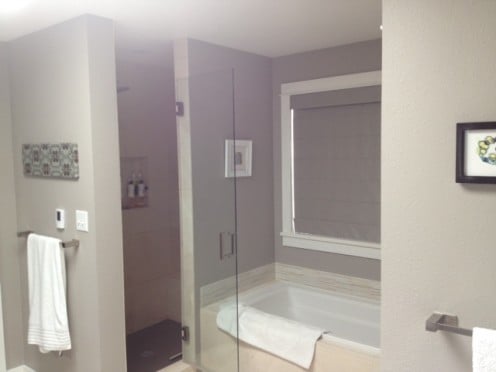
Put Your Money in the Kitchen and the Bathrooms
It's common knowledge that the best money invested in a house is the money put in renovating the kitchen and the bathrooms. In fact, it's often said that kitchens sell houses. Therefore, when both buying and selling a home, it's best to put a lot of stock in the condition of the kitchen and the bathrooms and what can be done with them.
One of the reasons we bought the house we bought was because the kitchen had a large, nice footprint. It was an old kitchen and an ugly kitchen, but we knew that if we renovated that kitchen, it would be the centerpiece of a great house.
I've been in many a house where, even if you renovated the kitchen, it simply wasn't big enough to make an impact. In other houses, the kitchens aren't laid out well enough to be usable. People want a highly functional kitchen.
The same goes for the bathrooms, but especially the master bathroom. You want a master bathroom that's impressive. People are very particular about their master bathroom. It must be functional and attractive. Putting renovation money there is always a good investment.
Always Think About Curb Appeal
While you may like the thought of having a giant pink, ceramic pig in your front yard or a polka dotted yellow goose, it's likely going to hurt the curb appeal of your home.
Just like first impressions are important when dating, so first impressions are important when selling a home. When a potential buyer pulls up in front of your house for the first time, what do they see? What are they going to think? You want a nice clean yard. You want it to be inviting. Curb appeal is a critical element in selling your house and you should always be thinking about curb appeal with every change you make to your home.
The best way to understand and develop a sense of good curb appeal is to visit different neighborhoods and figure out what's good and what's bad. If that seems too hard, keep track of which homes in your neighborhood sell quickly and which stay on the market for a long time. Often, homes that sell quickly have great curb appeal.
Check Out Other Houses on a Regular Basis
One way to know what paint colors to choose or what kind of kitchen cabinets to pick is to go to open houses at newly constructed houses. A good way to learn about what to do and not to do in your own home is to go to open houses and see what other people do. What are the common improvements people are making?
It is a critical part of buying and selling a home to be informed about what is going on in the market. You should have as much knowledge as possible about homes in the area where you're selling and where you are buying.
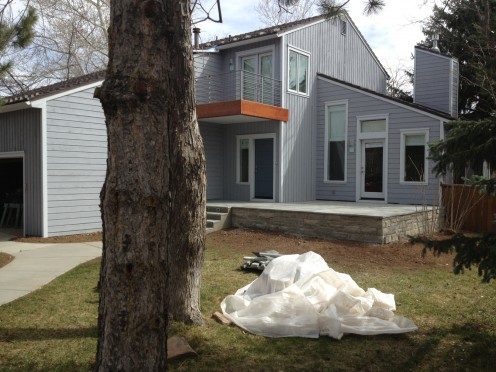
Avoid Overly Personal Renovations
Overly personal renovations most often hurt a home's resale value. Maybe you love saunas, but that's a very personal touch that's not going to appeal to everyone and most people will see that sauna and think about ripping it out.
I toured a home recently, in a very upscale area, that was covered in red, flowered wallpaper. It also had a beauty salon on the main floor. Needless to say, it took quite some time for this house to sell and ultimately, they had to get rid of the wallpaper and rip out the beauty salon before that happened. And by the time they did both of those things, the price of the home dropped 25%.
If you plan to live in your home until you die, then make all the personal renovations you want. However, if you think there's the slightest chance you will someday sell your home, keep the quirks to a minimum.
Always Improve with an Eye to the Common Denominator
When making renovations, it's best to appeal to the most people possible. This applies to paint colors, window coverings, flooring - pretty much everything. When you go to resell your house, you want the most people possible to think it's a great house and doesn't need a lot of work. You want to make it easy for people to buy. You want the largest possible demand for your house. Thus, you have to appeal to the largest number of people you can.
Understand the Power of Borrowing Money
Most people are uncomfortable borrowing money. However, if you've got good credit and interest rates are low enough, borrowing money is a great way to make improvements to your home when you're on a trajectory to sell.
People seem to be of two minds when it comes to borrowing money. There are those people who believe you should save up for the things you want and have cash on hand to pay for things. Then there are those that believe that you can borrow money at a certain interest rate and factor in appreciation as a way to pay for the interest on the loan.
Frankly, I prefer the former method as it makes me nervous to be in debt. However, if you're smart, the latter method will result in more financial gain. Had we not borrowed money to pay for the renovations on our home, we would not have sold it at the amount we did and it would not have sold as fast. The interest we ultimately paid on the money we borrowed was insignificant in light of the appreciation on our home.
There's a lot to factor in when borrowing money and obviously, overborrowing can result in disaster, but smart people can borrow money, budget, and plan, and come out way ahead of those who scrimp and save to make their improvements.
As always, if you don't understand the complexities of borrowing money, consult with a financial planner.
If you make one renovation, what should it be?
Talk to a Real Estate Agent You Trust Before you Make Changes
Many people think that realtors are just snakes who take a percentage of your home sale without doing very much. My experience with them is the opposite of that. Most realtors work very hard and earn their money. Further, they are phenomenal resources for understanding and making profitable home improvement.
While you may think you know everything about home improvement and what people like, talking to an experienced real estate agent can be one of the best things you can do. Ask them questions like "what are people looking for in a home?" and "what would you do to this house to sell it quickly and profitably?" You'll get a better answer from a good realtor than almost anybody else.
- Real Estate, Homes for Sale, Recent Sales, Apartment Rentals - Zillow
Zillow is an incredibly useful site for searching on house values and checking out a particular neighborhood in a short amount of time.

